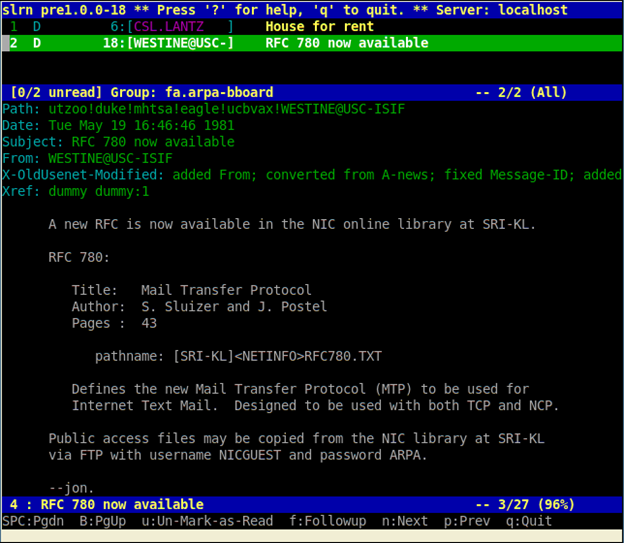Working in QA? Take your Web Application Security Testing to the Next Level
As a QA professional, you are in a perfect position to add much more value to the web application security testing and vulnerabilities detection processes. Read more and learn what you can do to improve your testing skills and start incorporating more complete web application security tests in your normal QA tests.
Your Information will be kept private.
Stay up to date on web security trends
Your Information will be kept private.
No matter where you are in your career, when testing for software vulnerabilities, there's always room for improvement. Be it soft skills, tools, or all the little things in between, you can take your traditional black box scanning and turn it into a set of skills and deliverables that can make all the difference in the world.
 The only proven way to find the most web vulnerabilities and security issues in web applications in the shortest period of time is to use a proven tool. For example by using an automated web vulnerability scanner, you can leverage the knowledge and resources of the vendor to find the maximum number of flaws unique to your specific web applications.
Web vulnerability scanners use hundreds, often thousands of iterations of web requests that test for both unknown and known web application vulnerabilities such as SQL Injection and Cross-site Scripting. The reporting available in web vulnerability scanners are also an extremely valuable asset, as you can share your high-level findings with management and technical details with developers.
The only proven way to find the most web vulnerabilities and security issues in web applications in the shortest period of time is to use a proven tool. For example by using an automated web vulnerability scanner, you can leverage the knowledge and resources of the vendor to find the maximum number of flaws unique to your specific web applications.
Web vulnerability scanners use hundreds, often thousands of iterations of web requests that test for both unknown and known web application vulnerabilities such as SQL Injection and Cross-site Scripting. The reporting available in web vulnerability scanners are also an extremely valuable asset, as you can share your high-level findings with management and technical details with developers.
Perhaps You Need Better Security Tools
 The only proven way to find the most web vulnerabilities and security issues in web applications in the shortest period of time is to use a proven tool. For example by using an automated web vulnerability scanner, you can leverage the knowledge and resources of the vendor to find the maximum number of flaws unique to your specific web applications.
Web vulnerability scanners use hundreds, often thousands of iterations of web requests that test for both unknown and known web application vulnerabilities such as SQL Injection and Cross-site Scripting. The reporting available in web vulnerability scanners are also an extremely valuable asset, as you can share your high-level findings with management and technical details with developers.
The only proven way to find the most web vulnerabilities and security issues in web applications in the shortest period of time is to use a proven tool. For example by using an automated web vulnerability scanner, you can leverage the knowledge and resources of the vendor to find the maximum number of flaws unique to your specific web applications.
Web vulnerability scanners use hundreds, often thousands of iterations of web requests that test for both unknown and known web application vulnerabilities such as SQL Injection and Cross-site Scripting. The reporting available in web vulnerability scanners are also an extremely valuable asset, as you can share your high-level findings with management and technical details with developers.
You Might Need to Tweak Your Security Testing Methodology
If you see that you're still not finding anything of significance, you may not be approaching your web security testing process the right way. There's a proven "ethical hacking" methodology that encompasses:- Enumerating your web applications and web servers
- Finding web application vulnerabilities and security issues
- Demonstrating how those vulnerabilities can impact the web environment and business






